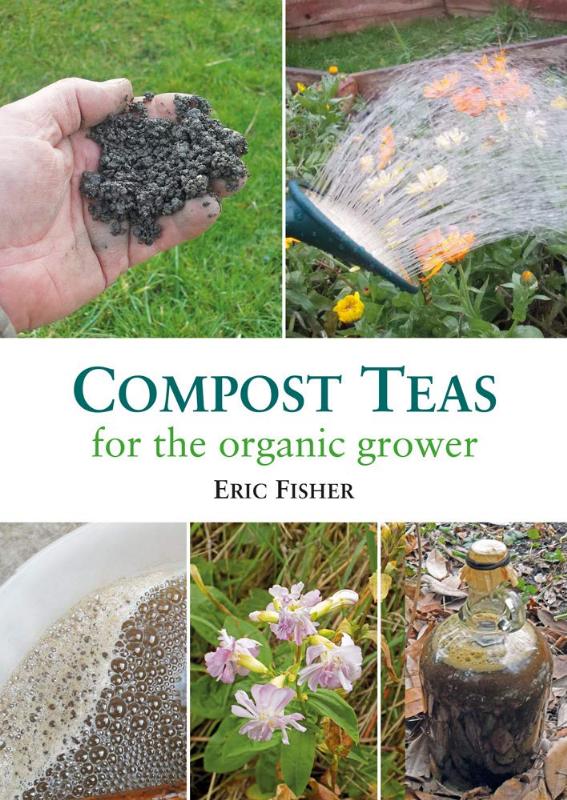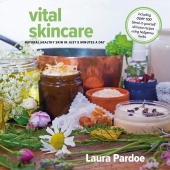Source: Amazon.com
Author -
Eric Fisher
Publisher -
Permanent Publications
Summary
Permanent Publications says, "Permaculture orchardist Eric Fisher provides an in depth history of organic agriculture and the rise in chemical inputs. He then goes on to explore the importance of nutrients, their cycles and the structure of soil. This enables the reader to truly understand their soil and own ecosystem, so they can manage it properly. Once we understand how soil and nutrients work, it is easier to diagnose problems and find a natural remedy."
About the Author
Permanent Publications says "Eric Fisher Msc Bsc (Hons) was born in North Yorkshire, has a degree in Environmental Science from Plymouth University and a masters in Technology from Cranfield University. He owns a small permaculture orchard."
Where to get it?
Permanent Publications
amazon us
amazon uk
Amazon.ca
Related Videos
How to Brew Super Aerated Compost Tea
From the video transcript:
“So, today we are going to use compost that we made. We keep a big mountain a compost all year round, so we always have access to it. Okay, so the parts that you need is you need a five gallon bucket this is filled about four gallons of water. Usually the water at your house is chlorinated and the chlorine will kill your microbes. So, what you want to do is to bubble your water for about two hours to get the chlorine to evaporate [it] out... We are going to get our compost ready. It takes four cups of compost for four or five gallons of water.”
How to Make Compost and Worm Tea + Soil Food Web Recipe
From the video transcript:
“Hey, my fellow all-natural growers! Today's episode is gonna be all about making compost and worm teas- aerated teas specifically. I'm going to be talking all about the soil biology, the different ingredients that I use and other people use and the effects that has on the tea and has on your plants. We're gonna take a deep dive into how these teas work and how to make them, and I hope that I'm able to give you guys a good understanding of what's going on inside of these teas and why they're so beneficial. Using these teas is a way to dramatically increase a health of your plants, the nutrition content, the root structure, basically everything involved in the plant’s process[es].”
Elaine Ingham Soil Food Web Compost and Compost Tea
From the video description:
“Elaine Ingham composting method, Living Soil Lab, Sustainable Living Department, Maharishi University of Management.”
Related Threads
What Types of Compost Teas Exist? Any Favorite Recipes?
Understanding the Context Around Composting and Compost Teas
Compost Tea Brewer: Affordable and DIY
Compost Tea Made Easy
The Concepts of Compost Tea Doesn't Make Sense to Me
What's All the Hubub About Compost Tea Recipes?
Related Articles
The Ultimate Guide to Compost Tea
Dr. Elaine Ingham's Basic Compost Tea Recipe
How to Make Aerated Compost Tea
Compost Teas and Extracts
Seven Ways to Fertilize the Garden with Comfrey
How to Make Compost Tea
Related Websites
Eric's Book Blog
Home Composting Made Easy
Soil Food Web 
 23
23





 6
6




 5
5


















 1
1








 2
2














